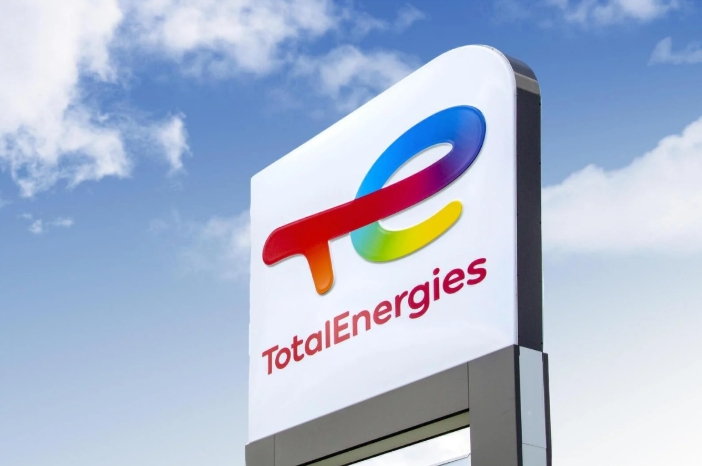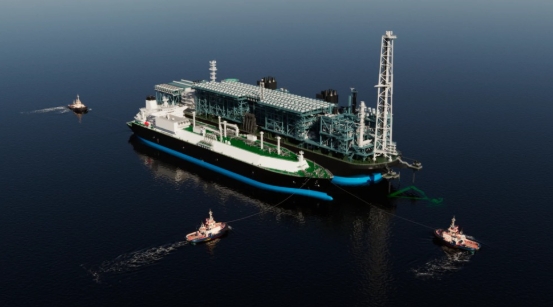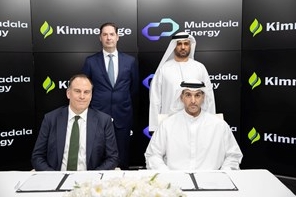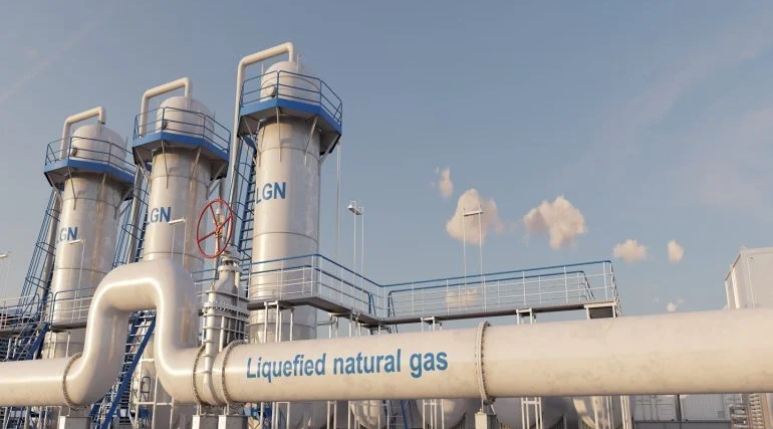Germany needs a strategy to rapidly upscale and deploy negative greenhouse gas (GHG) emissions technologies, the country's energy agency Dena said today.
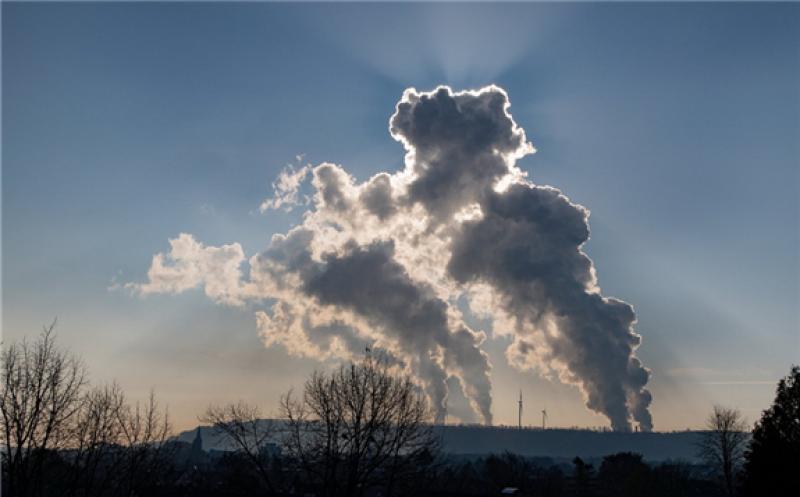
Stakeholders must be given the necessary security to invest in the various areas of negative emissions, research institute Prognos said in a study commissioned by Dena. In particular, the areas of bioenergy usage, transport infrastructure and storage need planning security, the study says. And the government needs to push the public debate on both the necessity for and risks of carbon capture and storage (CCS) and negative emissions, according to Prognos.
Germany's draft climate protection law, which is due to be passed by parliament next week, assumes negative emissions of 40mn t of CO2 equivalent (CO2e) in 2045 from the land use, land use change and forestry (LULUCF) sector. The draft law calls for the large-scale re-wetting of moors and reforestation to achieve this reduction. Germany aims to become climate neutral by 2045.
But the scale of Germany's reduction ambitions is such that carbon sinks will not be sufficient, even if they are used on a massive scale, Dena managing director Andreas Kuhlmann said. Residual emissions from the agricultural and industrial sectors will be at least 60mn-70mn t CO2e in 2045. And the negative emissions target of 40mn t CO2e by that point is itself "extremely" ambitious — Germany is likely to fall short of it, given the risks of climatic changes or extreme weather phenomena, the study warns.
Moreover, the re-wetting of moors and reforestation will further reduce the available space for installing renewable power sites, as well as limiting the availability of biomass, which will in turn be needed for the negative emissions technology bioenergy with CCS (Beccs).
The next federal government must develop an "integrated sink strategy", the authors say.
Investors will also need financial incentives, such as the possibility of integrating CO2 removal credits in the EU emissions trading system (ETS).
The authors conclude that CCS should be used for the sequestration of process emissions, mainly from the cement and lime industries. Residual emissions should be compensated for by the use of natural sinks and Beccs. Direct air CCS (Daccs) should be used as a "wild card" only for the remaining residual GHG emissions.
Germany is increasingly focusing on the issue of negative emissions, with the Mercator Research Institute on Global Commons and Climate Change and German think-tank SWP among those drawing attention to the subject in recent weeks.
Germany's planned support programme for industrial CCS and carbon capture and usage (CCU) projects — run by the economic affairs and energy ministry — is due to be published, pending approval by the European Commission under state aid rules.


